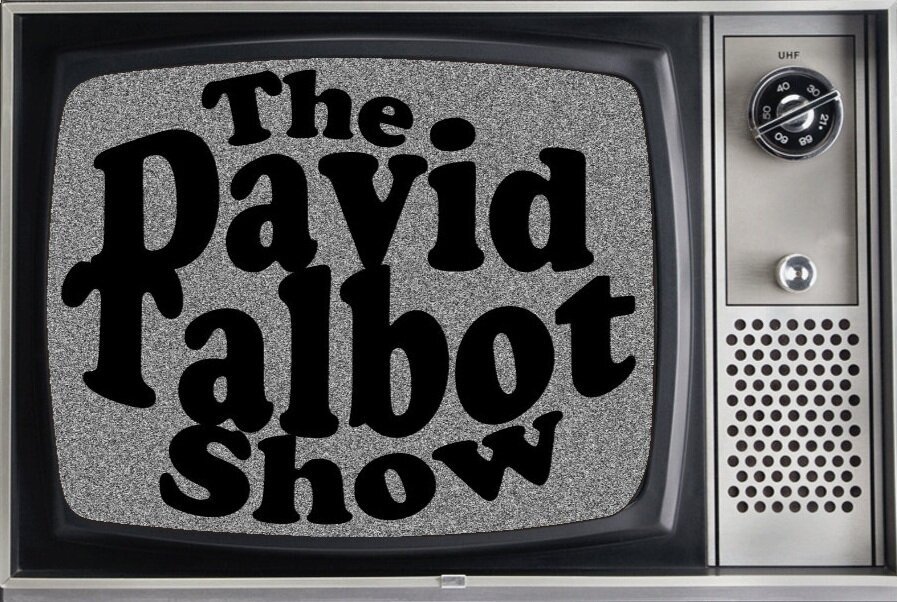The Crackpot Realism that Might Kill Us All
I was thrilled to read a long essay by Jerry Brown (!) on the books by Washington's "crackpot realists" (he uses C. Wright Mill's old term for Cold War nuclear war planners) -- the think tank intellectuals (including Rush Doshi, President Biden's Sino-point man) who are pushing for a confrontation with rising global power China. Such a confrontation could quickly go nuclear -- but hey, we'll meet again some sunny day!
(Btw, I was glad to see Biden walk back -- sort of -- his incendiary language about Putin. Yes, the Russian leader is a war criminal and a cruel despot -- but we don't need to go nuclear with Russia either.)
After serving four terms as California's governor, the 83-year-old Brown has not gone gently into the good night. As executive chairman of the Bulletin of Atomic Scientists and creator of a climate change initiative at UC-Berkeley, Brown remains very active in the two most urgent, existential issues of our day -- the threat of nuclear war and the onrushing climate apocalypse.
Brown remains remarkably sanguine about humanity's chances for survival. Perhaps it's his Jesuit training -- or the bucolic ranch that he and his wife now live on 60 miles northwest of Sacramento.
But Brown wields his pen as an avenging sword in this essay, which was published in the New York Review of Books. Here's the blazing opening lines:
The twenty years of war since the September 11, 2001, attacks have killed more than 900,000 people, displaced at least 38 million, and cost the United States an estimated $8 trillion. During these two decades of intense fighting and killing, the US has been responsible for a quantity of suffering that would have been unthinkable when President George W. Bush, with the near-unanimous backing of Congress, launched his assault on Afghanistan. It is clear now that America’s leaders deluded themselves and failed to ask basic questions about the ultimate goal of the war before invading: its human and financial costs, its benefits, or how it would end.
One might assume that such disastrous results, and the ignominious end of the war in Afghanistan last year, would lead to a period of reflection and soul-searching. Yet no such inquiry has occurred—at least not one that fully grapples with the shocking self-deception, pervasive misreading of events, and powerful groupthink that drove the longest war in American history.
Instead, without missing a beat, Washington power brokers and pundits, in and out of government, have fixed their gaze on a new foe: China. Think tank specialists and defense insiders are churning out books and articles on how to contain China and engage in what they have called a “great power conflict,” a vague description encompassing all manner of hostile interactions—ideological, economic, political, and military. Last year, Admiral Philip Davidson, head of the US Indo-Pacific Command, told a Senate Armed Services Committee hearing that China is accelerating its ambitions to supplant America’s leadership in the world, and that it could invade Taiwan within “the next six years.”

